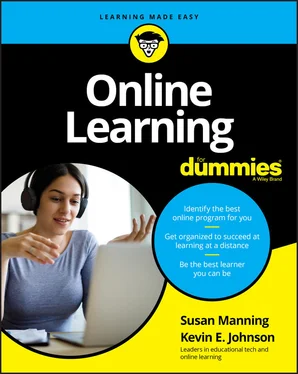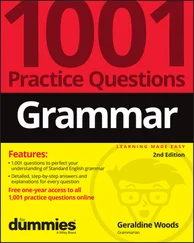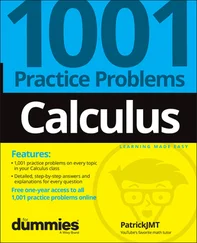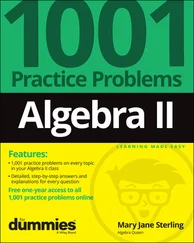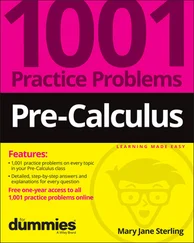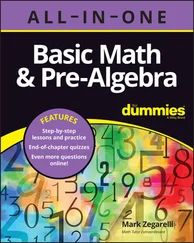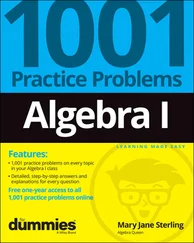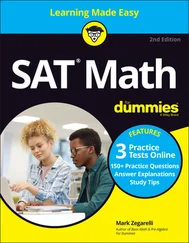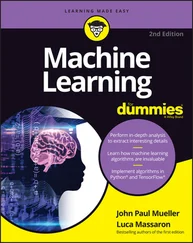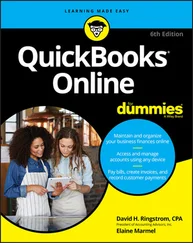225 228
226 229
227 230
228 231
229 232
230 233
231 234
232 235
233 236
234 237
235 238
236 239
237 240
238 241
239 242
240 243
241 244
242 245
243 246
244 247
245 248
246 249
247 250
248 251
249 252
250 253
251 254
252 255
253 256
254 257
255 258
256 259
257 260
258 261
259 262
260 263
261 264
262 265
263 266
264 267
265 268
266 269
267 270
268 271
269 272
270 273
271 274
272 275
273 276
274 277
275 278
276 279
277 280
278 281
279 282
280 283
281 284
282 285
283 286
284 287
285 288
286 289
287 290
288 291
289 292
290 293
291 294
292 295
293 296
294 297
295 298
296 299
297 301
298 302
299 303
300 304
301 305
302 306
303 307
304 308
305 309
306 310
307 311
308 312
309 313
310 314
311 315
312 317
313 318
314 319
315 320
316 321
317 322
318 323
319 324
320 325
321 326
322 327
323 328
324 329
325 330
326 331
327 332
328 333
329 334
330 335
331 336
332 337
333 338
334 339
335 340
336 341
337 342
338 343
339 344
340 345
341 346
342 347
343 348
344 349
345 350
346 351
347 353
348 354
349 355
350 356
351 357
352 358
353 359
354 360
355 361
356 363
357 364
358 365
359 366
360 367
361 368
362 369
363 370
364 371
365 372
366 373
367 374
368 375
369 376
370 377
371 378
372 379
373 380
374 381
375 382
376 383
377 384
378 385
379 386
380 387
381 388
382 389
383 390
384 391
385 392
386 393
387 394
388 395
When I think of the sixty online instructors that I have supervised since 1996, at the top of the list are Dr. Susan Manning and Kevin Bowersox-Johnson. Both are award-winning online instructors with over twenty years of experience designing and teaching online courses and certificates using a consistent application of proven best practices in online learning.
Above all, the authors understand how to coach and mentor newbie online students in becoming proficient online learners.
As a Coordinator of Online Professional Development, I have watched technology tools dramatically improve and advance. Yet I continue to hear instructors and trainers say the same thing today as in past years: Instructors wish remote learners understood the expectations of learning online and had a step-by-step success guide.
This book is a valuable compilation of lessons learned and provides a resource for new virtual learners to navigate the complexities of online learning. It answers questions about how to make the experience produce meaningful learning that sticks for life. Also, it includes how to locate legitimate online training and avoid scams.
Following the steps in this book will help result in the completion of an online micro-course, boot camp, certificate, virtual corporate sales training, or employee onboarding, as well as a full degree program.
Yes, you can Google and get the same stuff online, but this book provides specific strategies to leverage learning now and in the future as adults find themselves changing careers and retooling for the future.
Online Learning For Dummies is a book that will guide and motivate you to continue learning conveniently from your tablet or laptop or even your smartphone!
Joan Vandervelde
Online Professional Development Coordinator, University of Wisconsin-Stout
Owner, InstructOnline.com LLC
According to the Babson Survey Research Group, online enrollments had grown for 14 years consecutively. Nearly every college student accesses course documents and resources via online portals. One in three learners in higher education takes at least one fully online course. That’s a lot of online learning! And, considering that college is no longer limited to advantaged 18- to 22-year-olds, that means a lot of those online learners may be older and less familiar with the tools that come with the territory. That’s why we’ve written this book — for the many learners who find themselves in school, online, and confused.
And then there’s the COVID-19 pandemic of 2020. Overnight, brick-and-mortar schools had to shift to online options. College students were told to finish the term online. Though this kind of emergency instruction was not ideal for faculty or students, it brought about a sensitivity to how different online learning is from face-to-face models.
Furthermore, the ups and downs of the global economy have sent more learners back to school to retool or add credentials to their résumé. However, balancing work, family, and civic commitments with school is an arduous task at best. Online options allow learners to address their professional development needs at a time, and in a manner, that may be more flexible with their lifestyles. This may be part of the reason that online enrollments have mushroomed over the past few years.
Fifteen years ago when we tried to explain to people that we teach college courses online, we were met with, “How does that work?” Today, we hear stories of family members or colleagues taking courses online, but many questions still remain. There’s a bit of controversy, too, in that students may not have a choice but to take a course online, and too often they’re left to flounder, with inadequate guidance from advisors and faculty.
Regardless of age or experience, learners who know what they want and are willing to work hard are the ultimate winners in the world of education. Online Learning For Dummies helps students become winners in the online classroom by explaining just how it works. We take you from the decision-making process of determining whether this venue is right for you to applying and enrolling and then to the skills you need to succeed.
Online Learning For Dummies is not a highly academic book written for scholars. It’s a book for everyday people who find themselves faced with online possibilities. You can trust this book when you need to quickly understand something about online learning. Consider these examples:
If you’re a working professional who needs to earn an additional degree or certification for career advancement, we can show you how to put together your application materials and get started in a program.
If you want to go to school full-time but lack the funding, we can tell you whom to talk to regarding financial aid.
If you want to take online courses but are unfamiliar with the technology involved, we can walk you through the kinds of tools you’ll use to support classroom discussion and submit your assignments.
If you’re a high school student thinking about nontraditional schooling, we can give you the information you need. We also cover students with disabilities.
Depending on who you are and what you need in terms of online learning, you can easily skip around this book to find exactly what you need. (Don’t worry — we won’t complain if you want to read it from cover to cover!)
Conventions Used in This Book
Читать дальше
